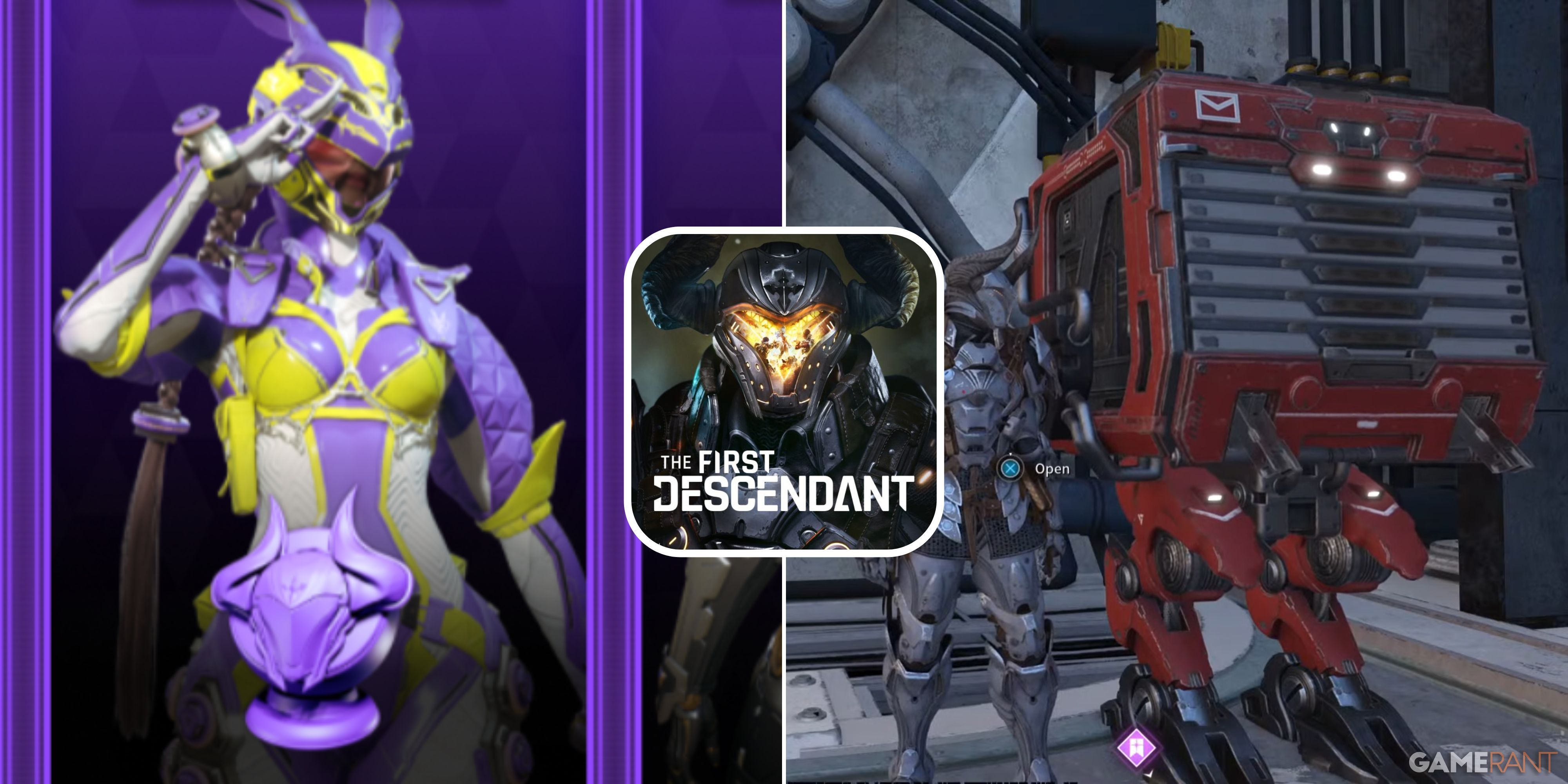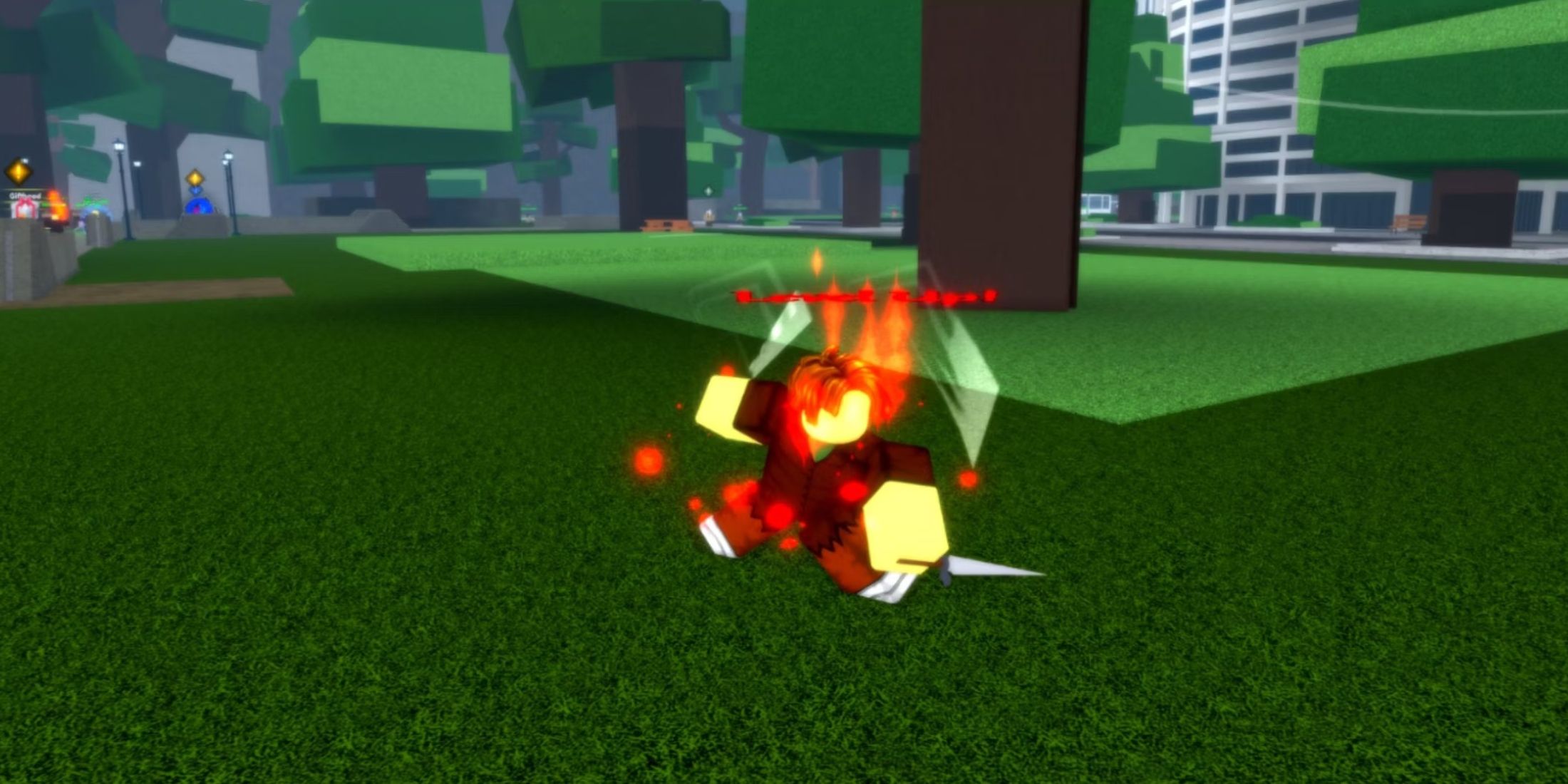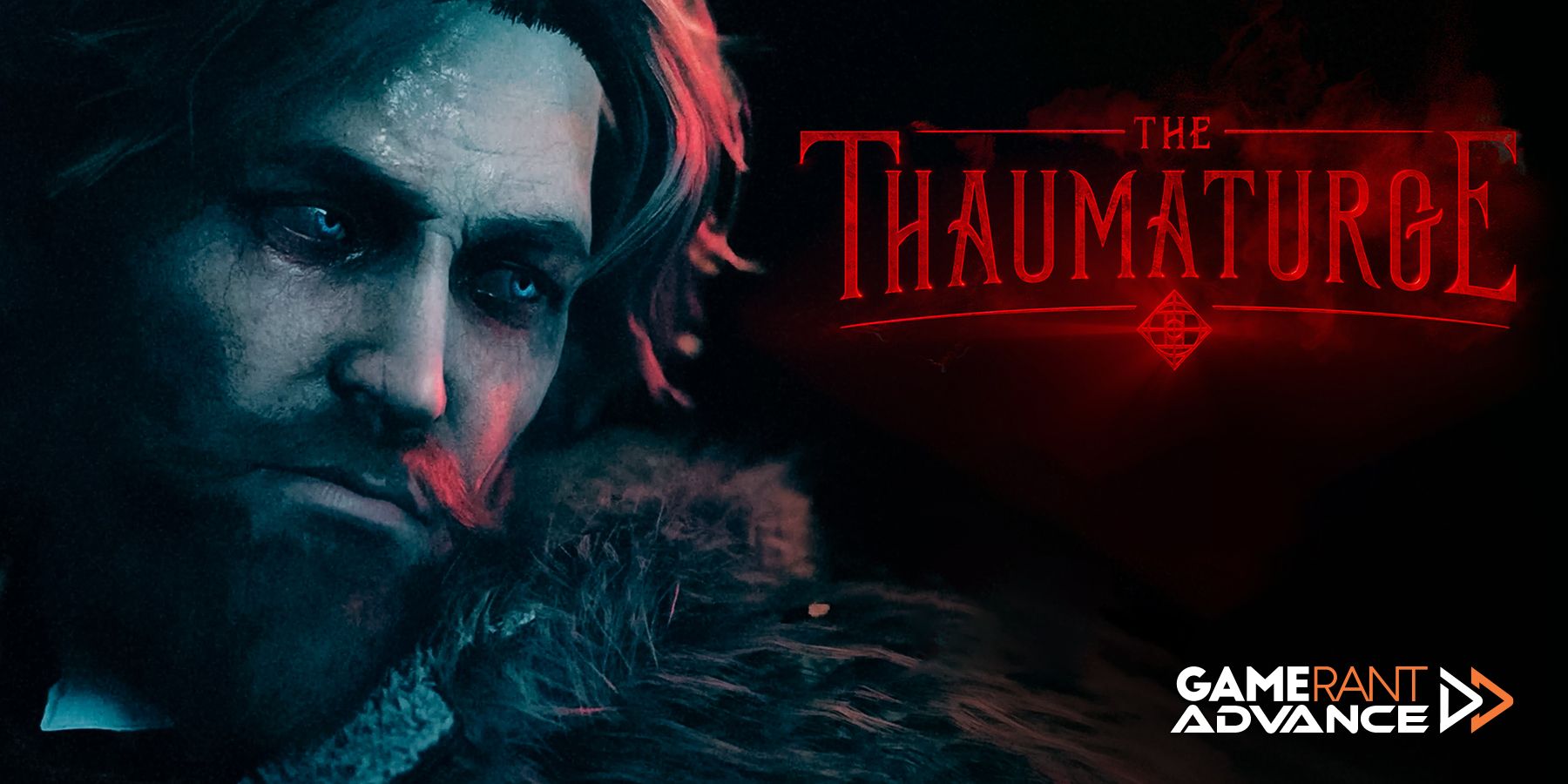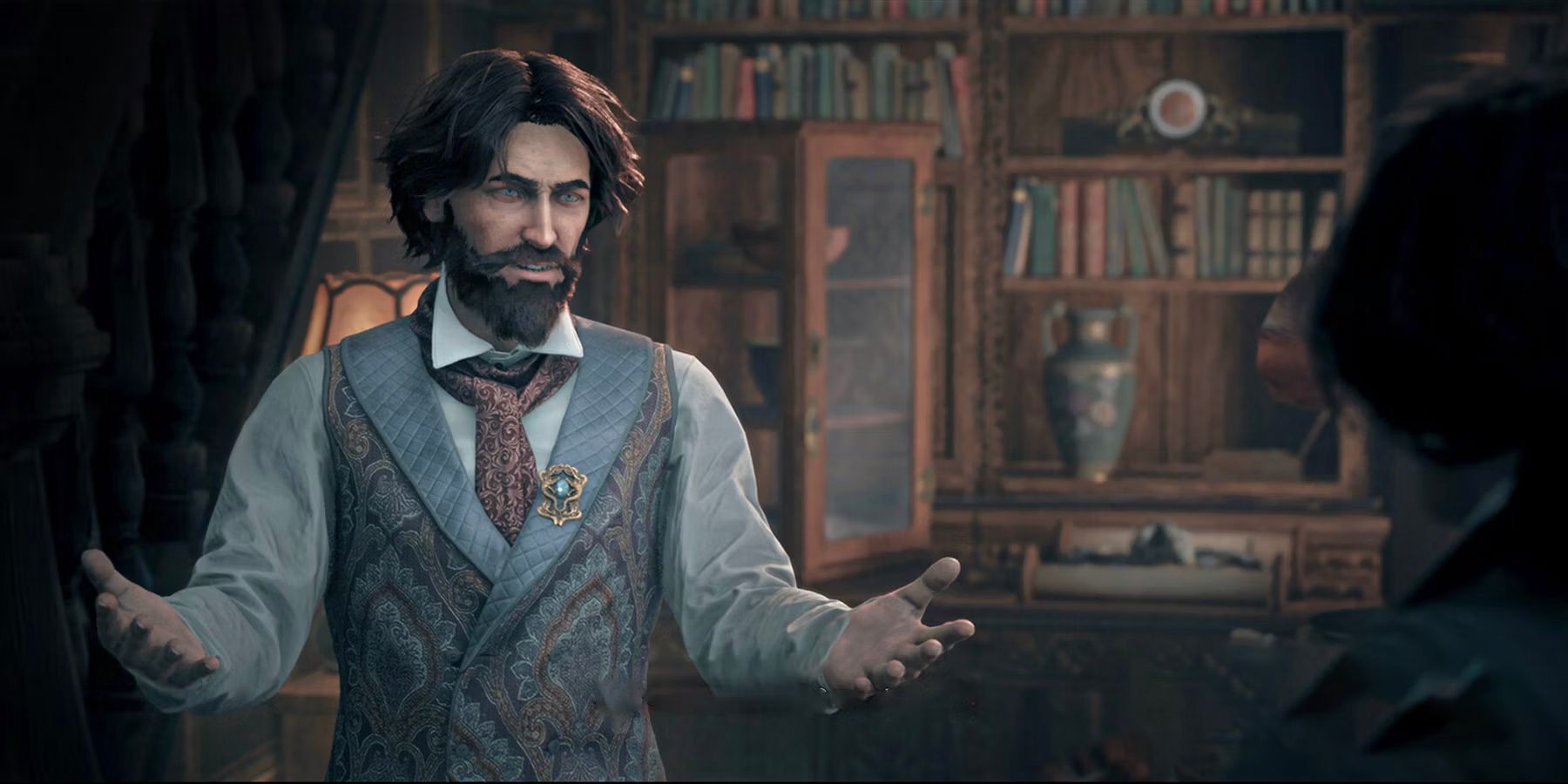Upcoming roleplaying game The Thaumaturge has genre staples like turn-based combat and meaningful dialogue choices, but it also folds in an investigation mechanic that adds more depth to titular magician Wiktor Szulski. The Thaumaturge is often about the demons that haunt man, both in terms of literal supernatural beings called Salutors, and the emotions and decisions that haunt men. Through various investigations, players will be tasked with discovering these demons and, in one way or another, exorcising them.
Following the massive success of turn-based CRPG Baldur’s Gate 3, Fool’s Theory’s upcoming foray into 1905 Warsaw belongs on gamers’ radar, both for the ways it continues trends of the resurgence of the CRPG but also in the ways it sets itself apart. Wiktor’s magic is a defining trait of the game, but so too is his keen eye for the mysteries of turn-of-last-century Poland. The Thaumaturge’s design director Karolina Kuzia-Rokosz explained the importance of this mechanic in the game in a recent Game ZXC interview and highlighted ways it compares and contrasts to investigations in other roleplaying games.
The investigations, she explained, are based on the four core dimensions the game uses to measure Wiktor’s journey–Heart, Deed, Mind, and Word. Those dimensions set the challenge of each investigation, and how easy it will be for players to draw clues from the commonplace items they find. Someone skilled in all may be able to find certain things, while those who focus on Heart, for example, will be able to solve these investigations to great effect but at the cost of suffering in other dimensions. Kuzia-Rokosz said that most quests in the game will have an investigation element to them, but not all will require that investigation to be completed, as quests will be able to be tackled in several different ways–an important thing in roleplaying games.
The investigation is based on the power of each of the four dimensions; the more powerful you are, the easier it will be to discover secrets hidden in everyday objects. These secrets are always sorted into conclusions–discovering a set of secrets gives you a conclusion about a certain matter or person. Having a conclusion drawn, a Thaumaturge may use this information to get to one’s Flaw or manipulate them.
Everyone in The Thaumaturge has a flaw (Wiktor included–his is pride), and using the core dimensions of the game to manipulate them is a central aspect of Wiktor’s toolset as a protagonist. This will reward a player’s distribution of their core dimensions as well as patience and observation, staples of actual detective work in games.
Being a Thaumaturge means that these investigations are about more than just being like Wiktor’s contemporary Sherlock Holmes, though. There’s a mysticism involved in the process, and that’s born out through the secrets the everyday objects reveal when the right core dimensions are invoked. That plays into the inherent magic and mysticism of what players will be doing throughout the game and makes investigations feel deeply connected to what being a Thaumaturge means.
The powers of a Thaumaturge are vague, almost unnoticeable to other people, so the mechanic of investigation had to fill in those boots. Thus, we came up with powers that allow you to read what’s left of one’s emotions, words, and thoughts on everyday objects. It’s extremely tempting to think of having such powers in our world, isn’t it?
Seeing the echoes of words, thoughts, and feelings that remain as a way of unraveling mysteries is a common magical means of investigating, and fits well in several different settings. It combines this trick with the gameplay mechanics and atmosphere of The Thaumaturge which creates a unique way to advance the game’s various quests. After all, Salutors are tied to gameplay, investigations, and more, and they are all assigned to certain dimensions as well, adding yet another layer to how investigation, as well as the Heart, Mind, Deed, and Word mechanics, tie everything together.
Fool’s Theory is also developing the remake of The Witcher, which naturally invites comparison to the kind of investigation Geralt of Rivia undertakes. While both concepts have similarities, explained Kuzia-Rokosz, they both are tailored specifically to their protagonist.
Investigation in The Thaumaturge is a mix of our experiences with various systems we’ve worked on. Investigation in The Witcher was designed to perfectly maintain and fit the unique vibe of being a deadly monster hunter. We wanted the investigation in The Thaumaturge to evoke the fantasy of being a miracle worker in the same way.
Investigations revealing the flaws of characters is also a way to add to the narrative, worldbuilding, and lore of The Thaumaturge, said Kuzia-Rokosz. Aside from conversations, investigations can be some of the most revealing activities in the game. They allow players to know the world of Wiktor’s 1905 Warsaw better, she said, as well as the people living in it.
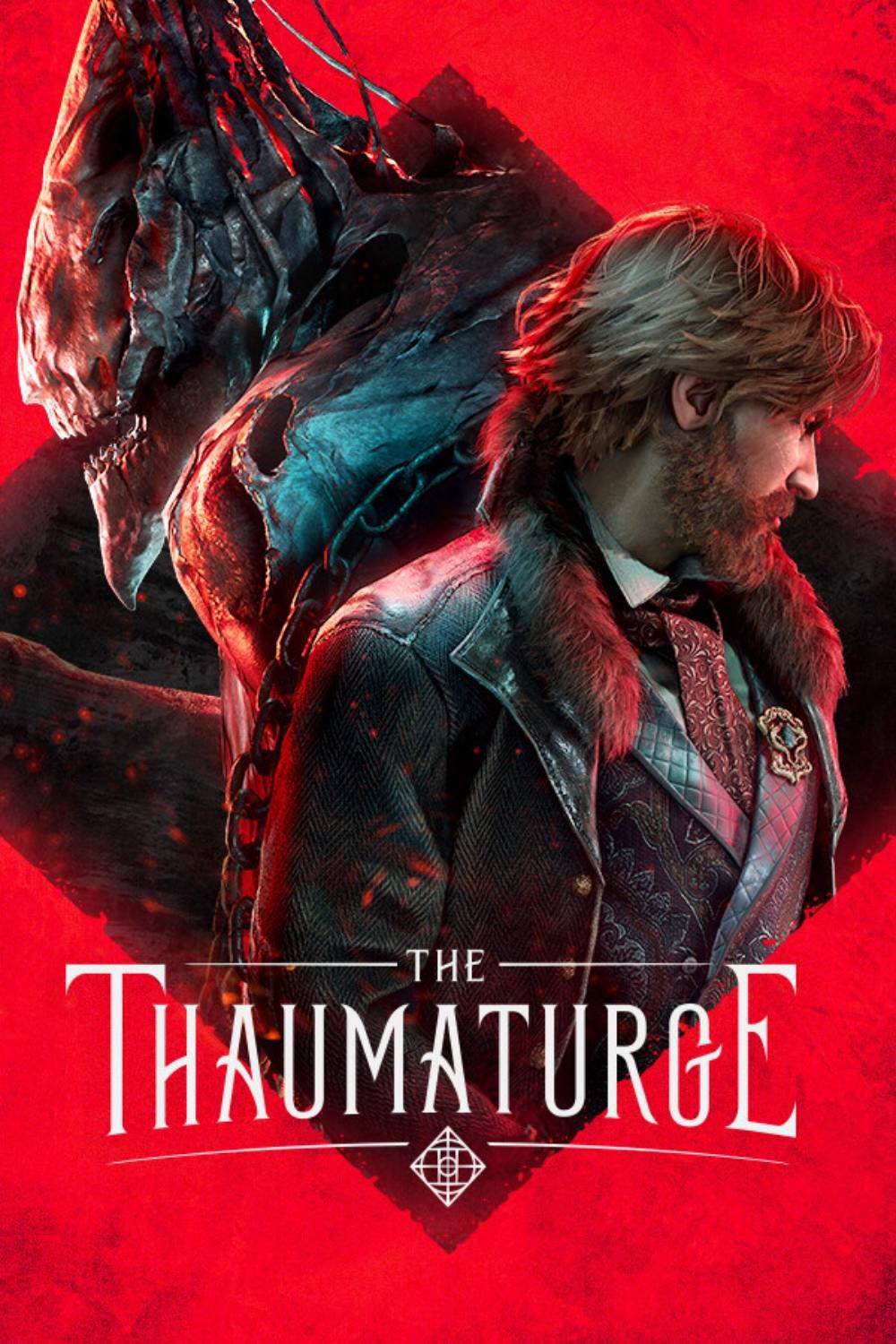
The Thaumaturge
The Thaumaturge is a story-driven RPG set in 1905 Warsaw, Poland. Players take on the role of Wiktor, who can see entities called Salutors that normal humans cannot. It features isometric gameplay, turn-based combat, morally ambiguous choices, unique character development features, investigation mechanics, and much, much more.
- Platform(s)
- PC
- Released
- March 4, 2024
- Developer(s)
- Fool's Theory
- Publisher(s)
- 11 Bit Studios
- Genre(s)
- Adventure , RPG


